Riding high: Zoë Robins on her role in Lucy Prebble's The Effect
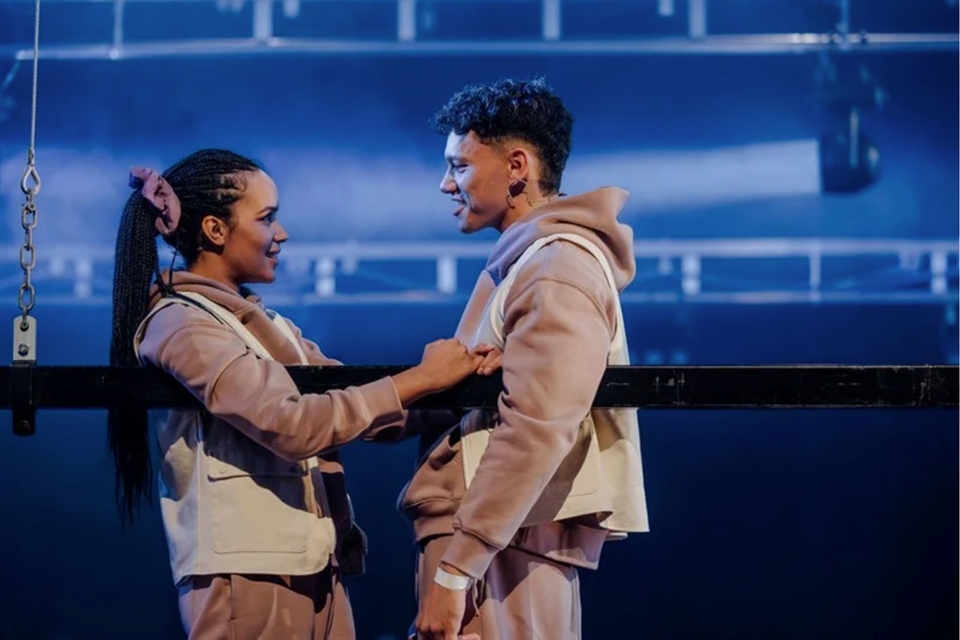
Zoë Robins returns from one of the biggest series in the world to one of the year’s most-hyped productions, playing one of the lead roles in Auckland Theatre Company’s production of The Effect. I talk to her about coming back to the theatre in such a buzzy production.
The Effect is one of those plays that even non-theatre people seem to have heard of, even if just because Harry Styles showed up to the premiere of the show. It follows two young people who sign up for a drug trial and end up falling in some kind of love (possibly chemically induced), is over a decade old now, is in an uncanny valley of revivals. It’s old enough that it’s just a little bit dated but recent enough that a complete reimagining might feel unnecessary.
However, Lucy Prebble is one of the hottest writers on the planet at the moment, thanks to a key role in Succession, and I’d argue that her series I Hate Suzie is one of the best series of the past decade, hands down. Also, a timely rollercoaster play with four meaty roles for starry actors is still hard to come by. Something about The Effect, on our shores, in 2024 makes sense.
Zoë Robins plays Connie, an extremely sharp psychology student at university, who has entered a medical trial in her term break. She makes an immediate connection with another participant, Tristan (Jayden Daniels) but it’s unclear whether it’s the connection is legit or just the pills.
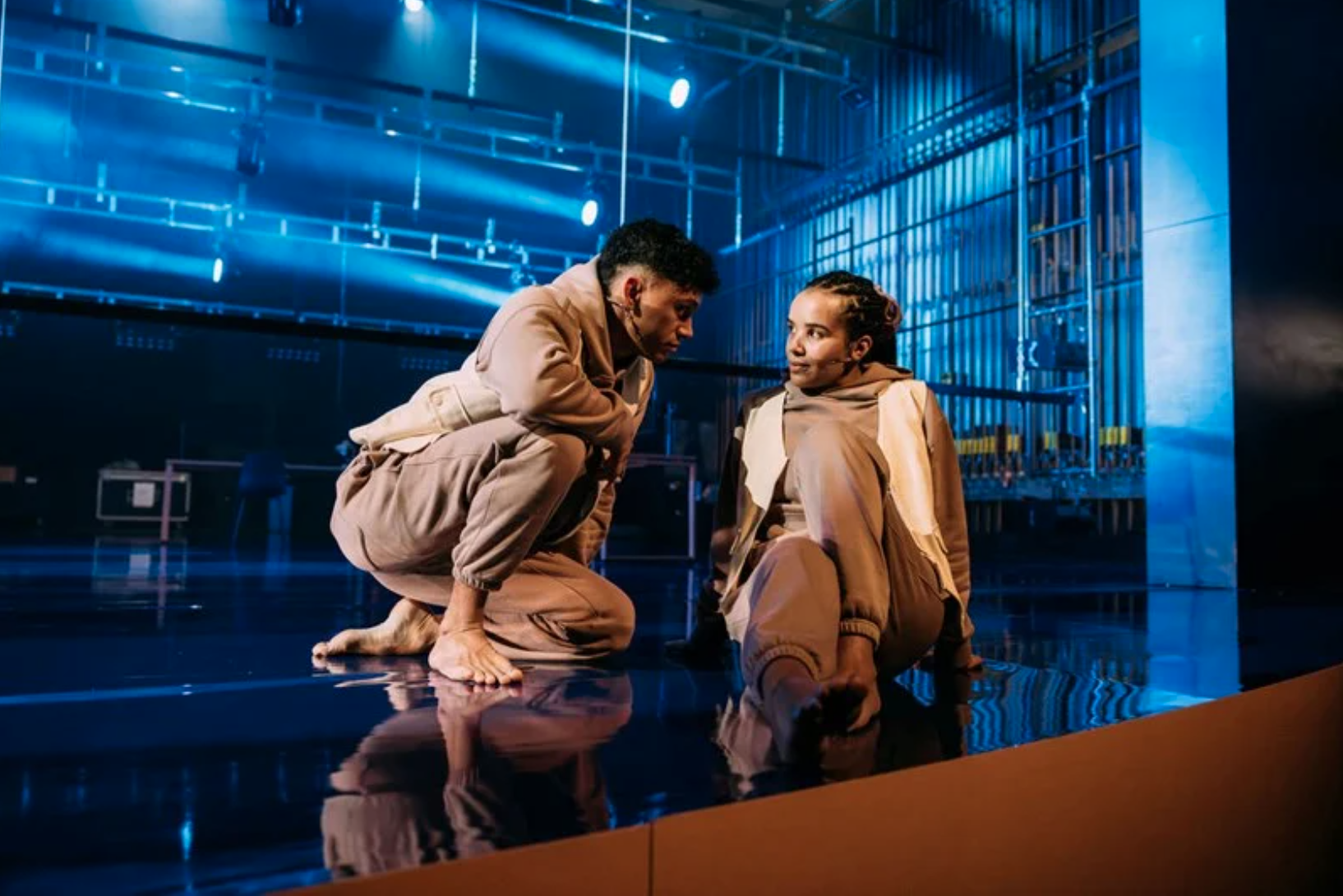
“I feel like I’ve been smacked in the face in the best possible way,” says Robins. While Robins is now, a good decade into her career, an experienced screen actor – having had the lead role of Nynaeve in one of Prime Video’s most-watched series The Wheel of Time and a stint on Power Rangers: Ninja Steel – this marks the first time she’s been onstage since drama school. “Working on screen is obviously its own craft, but theatre is something else, and I’m reminded of how much of a playground it can be.”
“It just feels like way more of a collaboration than I’ve felt in a long, long time,” she says. “That really excites me to have a lot of brilliant people come together for one thing and be open to sharing and playing.”
The way Robins approaches each project is different, and she relies on her instinct to determine what is needed from her. Something like Power Rangers obviously requires a different skillset than the titanic play that is The Effect, with dialogue that might as well ricochet around the theatre. “I had to read the play a bunch of times because there’s so much going on,” she says. “Even in our fifth week of rehearsals, we were still discovering little bits. That’s the joy of working on something with fantastic writing: finding new gems.”
Coming into the process, with director Benjamin Kilby-Henson, who directed Robins’ graduate show way back in 2014 at The Actor’s Program, felt like being on the first day of school. “I felt very, very new and a little bit delicate, but I also felt like I was in the right place, in safe hands.”
“They’re way more similar than we think, stage and screen. It’s just always about telling the truth.”
An observation from Henson unlocked Connie for her: it wasn’t that the character lies, but that she doesn’t often come forth with the truth. “There’s so much going on underneath the surface, a lot of doubt, a lot of guilt,” she says. “While she’s saying certain things, there’s actually so much else going on.
“That’s her truth.”
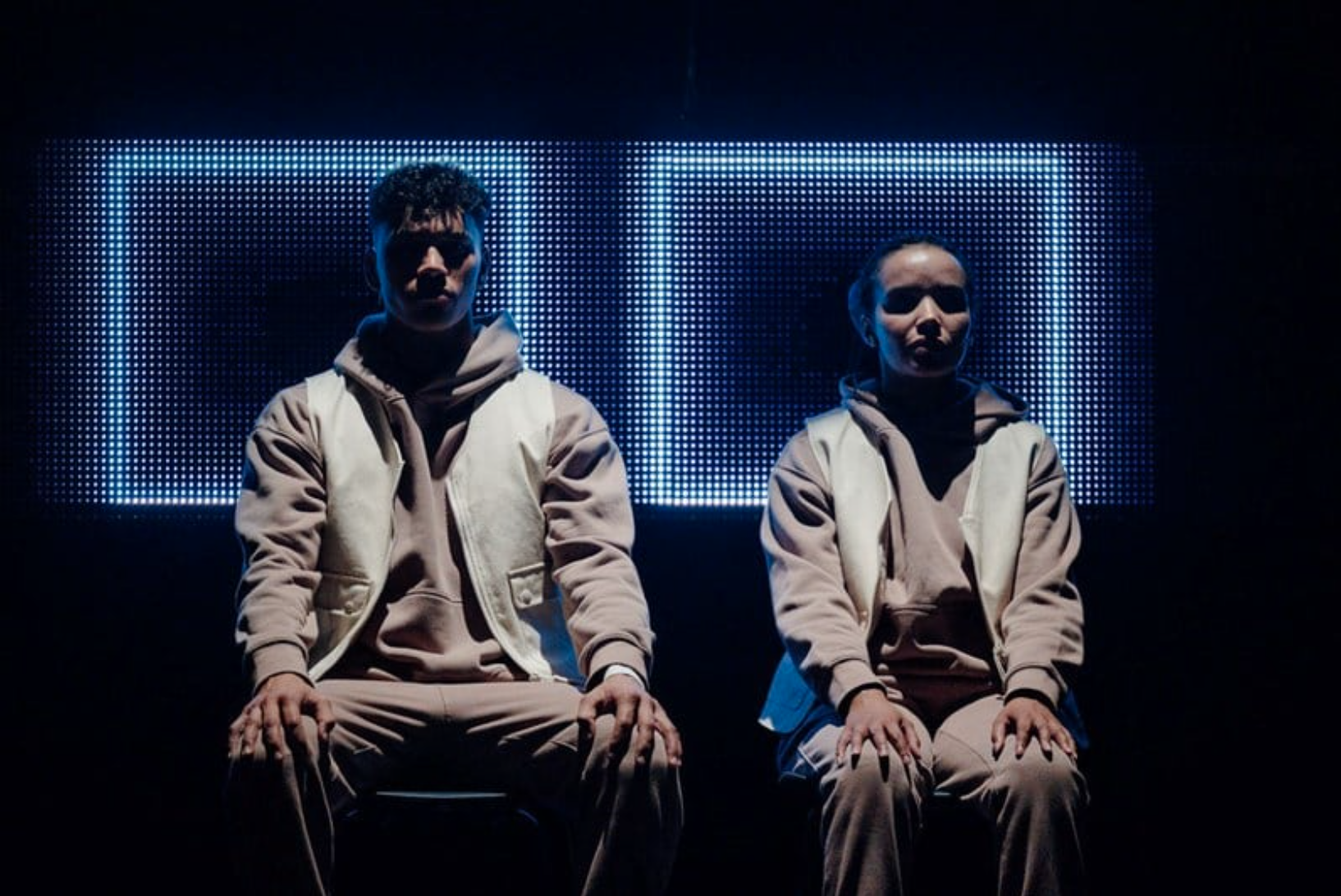
A notable part of ATC’s iteration of the play which mirrors, if not intentionally so, the 2023 National Theatre production, is that the two leads are played by actors of colour, Taylor Russell and Paapa Essiedu. In the play’s premiere production back in 2012, Robins’ role was played by Billie Piper, while Daniels’ role was played by Jonjo O’Neill. Similarly, a previous production in Auckland, also directed by Henson, featured Pākeha actors Jessie Lawrence and Daniel Watterson in the lead roles.
These casting decisions represent more than just a cynical colour-blindness, however. In a show that engages with the ethics and philosophies of medicine, putting people of colour onstage to have those discussions inevitably complicates – and deepens – the discourse.
“There’s a new energy to the piece,” says Robin. “We acknowledge that there are Black and brown people in the world. There’s a newness there which is really, really cool and important.” She points specifically to the character Toby, one of two doctors running the medical trial, played by Jarod Rawiri. A speech has been slightly adapted to acknowledge the character checking in with Māori practitioners in the field of psychology to check in whether the trial is kosher or not.
It also allows Robins to bring herself to the role. While the character might have originally been written for a white actor – or written without explicit acknowledgment of the character’s race, which in a 2012 context and too often even today, is often still read as white – Prebble’s script has been subtly shifted to acknowledge the races of the performers. “I feel honoured for [Kilby-Henson’s] trust, and that he’s giving us the freedom to add who we are to these characters,” she says. “Amongst all the character givens, there’s a human there, and we have to relate to what these characters are going through.”
What excites Robins most about doing the play is that it doesn’t give any easy answers. The Effect asks some big questions, and often those question marks are bolded, italicised and underlined so the audience really gets it. “I hope people walk away and discuss things with their loved ones. I hope they check in with each other,” she says. “Even though I think there’s been a massive leaps in how we talk about mental health in the last decade, we’ve gto an incredibly long way to go. This show doesn’t shy away from the difficult.”
“As an actor, it’s such a joy.”
The Effect runs until May 11 at the ASB Waterfront Theatre. You can book tickets here.
Writing and reporting takes time, and if you want to support the amount of time it takes (and ensure that the scant amount of meaningful coverage of local art can continue), please considering supporting Dramatic Pause with a paid subscription ($8 p/m, $60 p/a) and if you can't afford a paid subscription, please share the work with your networks!
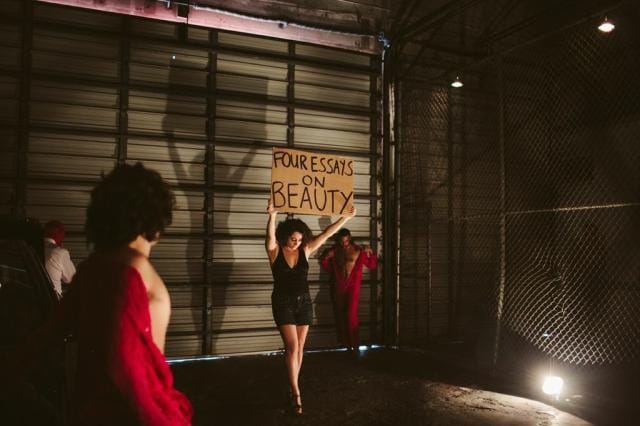


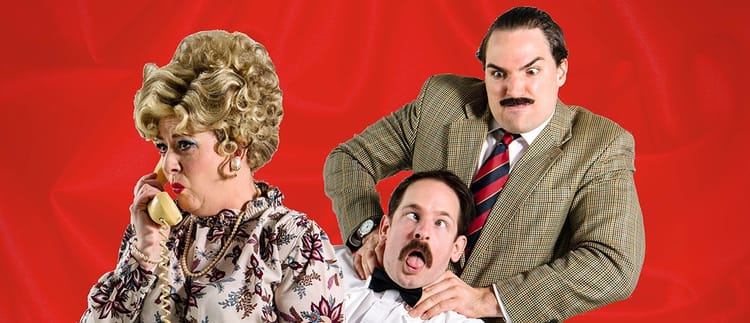
Member discussion